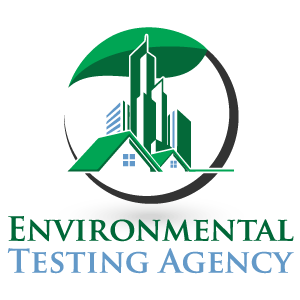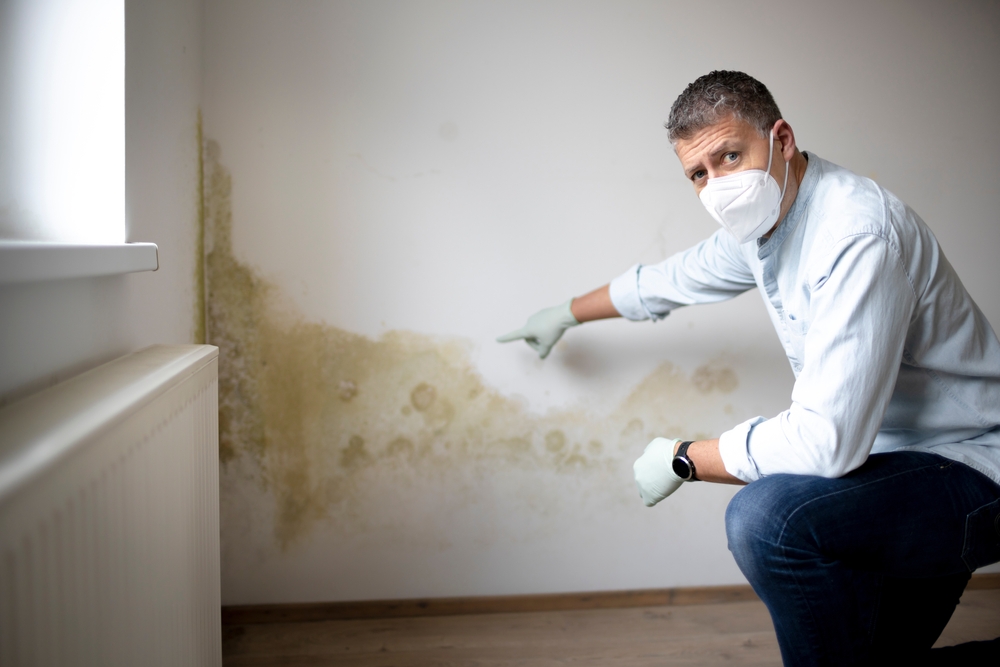
Florida mold regulations are something to remember while living and renting in the Sunshine State. In Florida’s humid climate, mold issues in rental properties concern tenants and landlords. Navigating the complexities of mold-related regulations is crucial for maintaining a safe, healthy, and legally compliant living environment. This friendly guide aims to shed light on Florida’s mold regulations in rental properties, offering essential insights and practical advice for all parties involved.

Understanding Mold: A Brief Overview
Mold, a fungus that thrives in moist environments, is more than an aesthetic concern. It can cause a range of health issues, from allergic reactions to respiratory problems, particularly in individuals with pre-existing conditions. In rental properties, mold’s presence goes beyond health risks; it can lead to significant structural damage, depreciating the property’s value and posing safety risks.
Understanding the conditions that foster mold growth is vital. Mold spores, always present in the air, require moisture to grow. This moisture can come from various sources, such as leaky pipes, flooding, or high humidity. Once it starts growing, mold can spread rapidly, making early detection and prevention key.
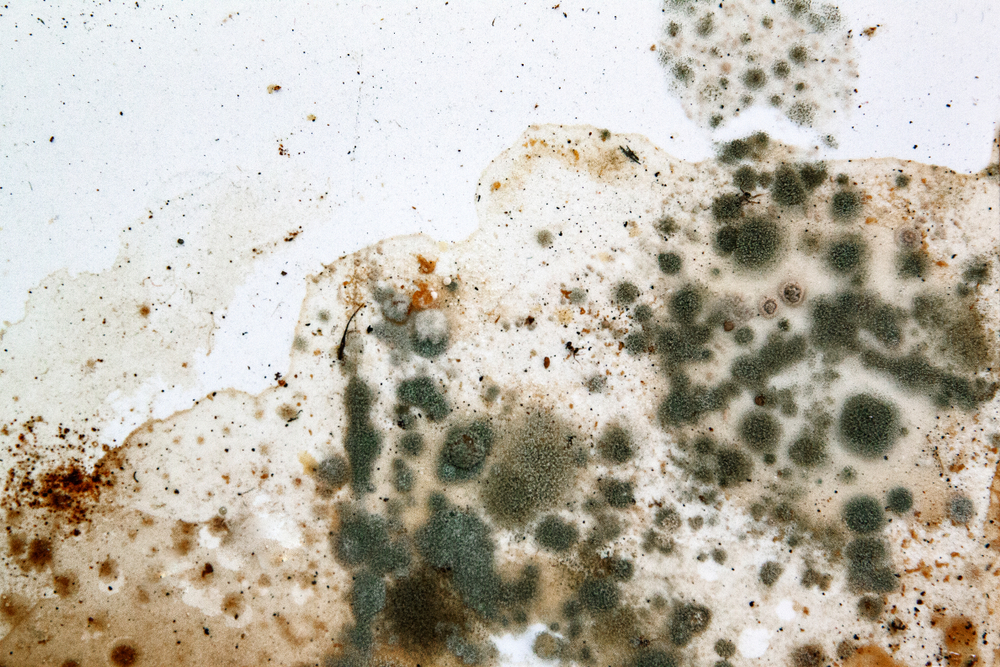
Florida Mold Regulations In Rental Properties
Florida’s humid climate makes mold a common issue, yet the state’s laws do not explicitly address mold in rental properties. However, the Florida Landlord-Tenant Law stipulates that landlords must provide safe and habitable living conditions. This law implicitly mandates landlords to handle mold problems, as they can make a property uninhabitable.
The lack of specific legislation on mold means that responses to mold issues can vary. However, court rulings often favor tenants in cases where landlords fail to address severe mold problems, as these can violate health and safety standards.
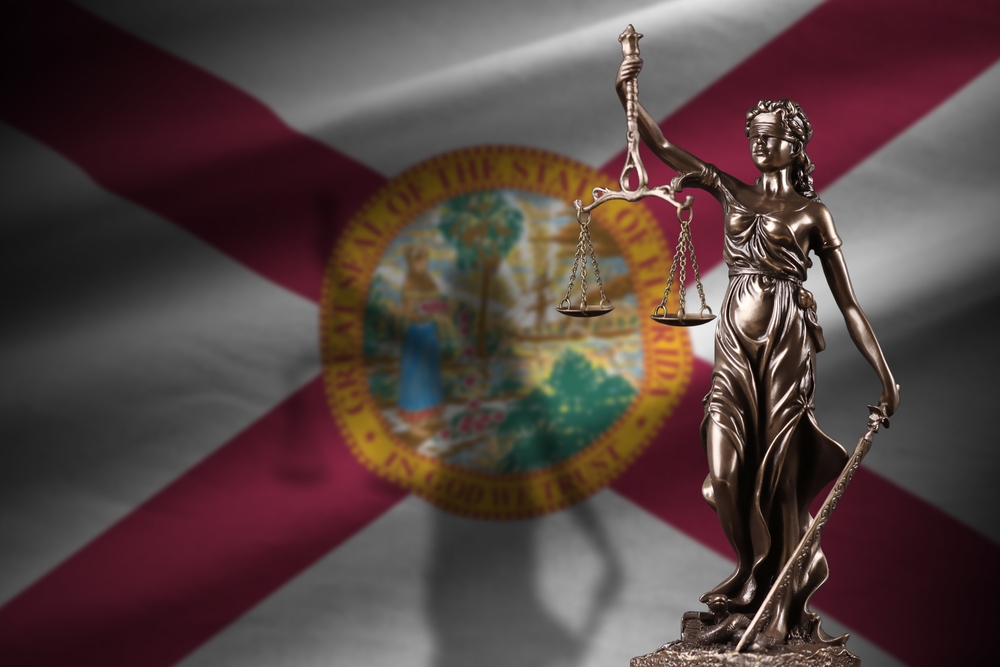
Tenant Responsibilities: Reporting and Prevention
Tenants have a critical role in preventing and managing mold. The key to this is maintaining a clean and dry environment. Regular cleaning, especially in damp areas like bathrooms and kitchens, helps prevent mold growth. Ventilation is also essential; tenants should use exhaust fans and open windows to reduce indoor humidity.
Most importantly, tenants must promptly report any signs of mold or moisture issues to their landlords. This reporting should be in writing, providing a clear record of the issue and the tenant’s request for action. Delays in reporting can exacerbate the problem and might even lead to tenants being held partially responsible for the mold issue.
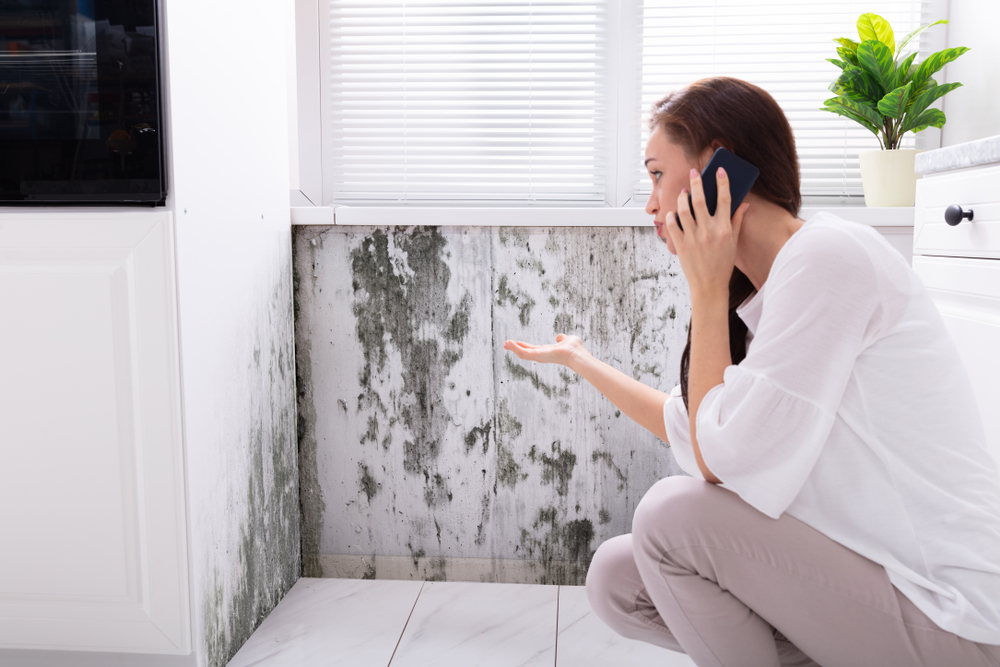
Landlord Responsibilities: Inspection and Remediation
Landlords are responsible for addressing mold issues in rental properties. This includes regular inspections of high-risk areas like bathrooms, kitchens, and basements. If a tenant reports mold, landlords must promptly investigate and address the issue.
Professional mold remediation may be necessary for severe cases. This process involves removing the mold and fixing the underlying moisture problem to prevent recurrence. Landlords should hire licensed professionals to ensure the remediation process meets health and safety standards.
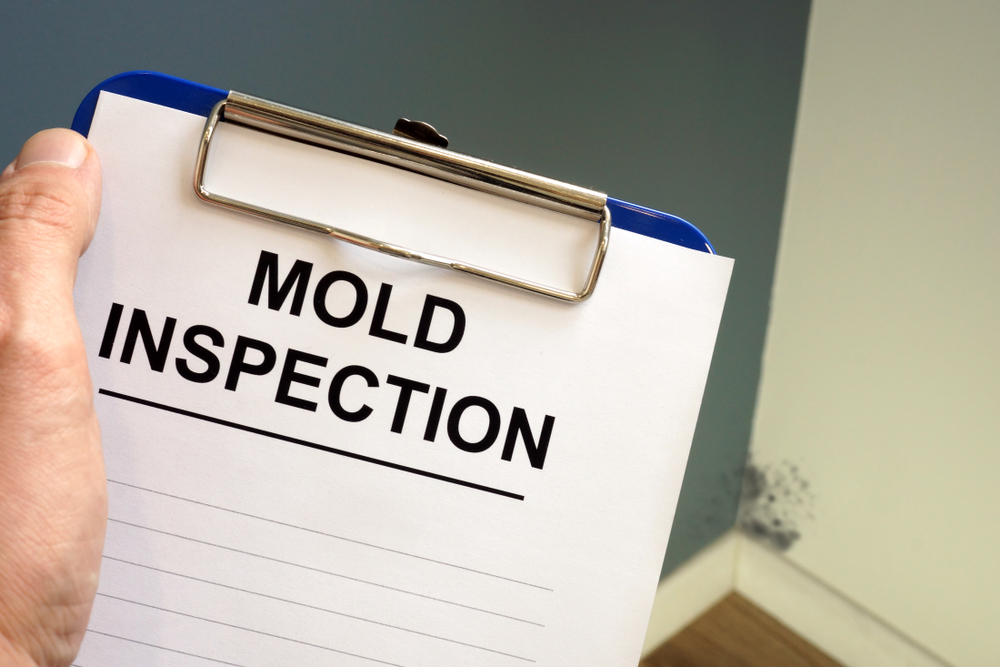
Legal Actions for Mold Issues
When mold issues are not addressed adequately, tenants may resort to legal action. Options include withholding rent or terminating the lease. Still, these are subject to specific legal procedures and should be considered a last resort. Tenants should document all communications and efforts to resolve the issue amicably before pursuing legal action.
It’s important to note that taking these steps without following the proper legal procedures can put tenants at risk of breaching their lease. Therefore, it is advisable to seek legal advice before taking drastic action on Florida mold regulations.

Prevention: Best Practices for Landlords and Tenants
Preventing mold is far more manageable than remedying its effects. For landlords, this means ensuring properties are well-ventilated, promptly repairing leaks, and using mold-resistant materials during repairs or renovations. Regular property inspections can catch potential issues early.
Tenants can contribute by maintaining cleanliness, controlling indoor humidity, and promptly reporting potential issues. Simple actions like using a dehumidifier, ensuring good air circulation, and avoiding leaving wet items (like towels or clothes) around can significantly reduce the risk of mold.
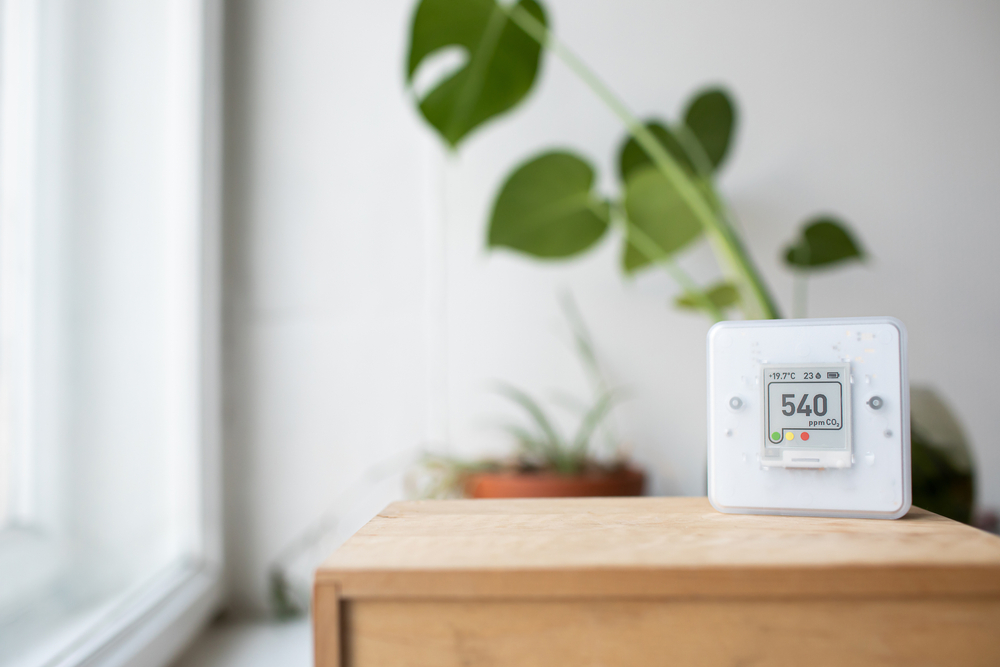
Hiring Professional Mold Inspectors and Remediators
In cases of extensive mold growth, professional assessment and remediation are necessary. Certified mold inspectors can accurately assess the extent of the problem. At the same time, professional remediators can safely and effectively remove mold and address the source of moisture. To ensure the best outcome, choosing professionals with specific experience in residential mold issues is crucial. Also, professional mold remediation companies could give advice on Florida mold regulations or link you to the best legal advice.

Conclusion
Florida mold regulations are definitely a key point when renting in the Sunshine State. Dealing with mold issues in Florida rental properties requires a collaborative approach between landlords and tenants, grounded in a clear understanding of legal obligations and best practices. Both parties can contribute to a safe and healthy living environment by proactively addressing mold risks and responding promptly to issues.

